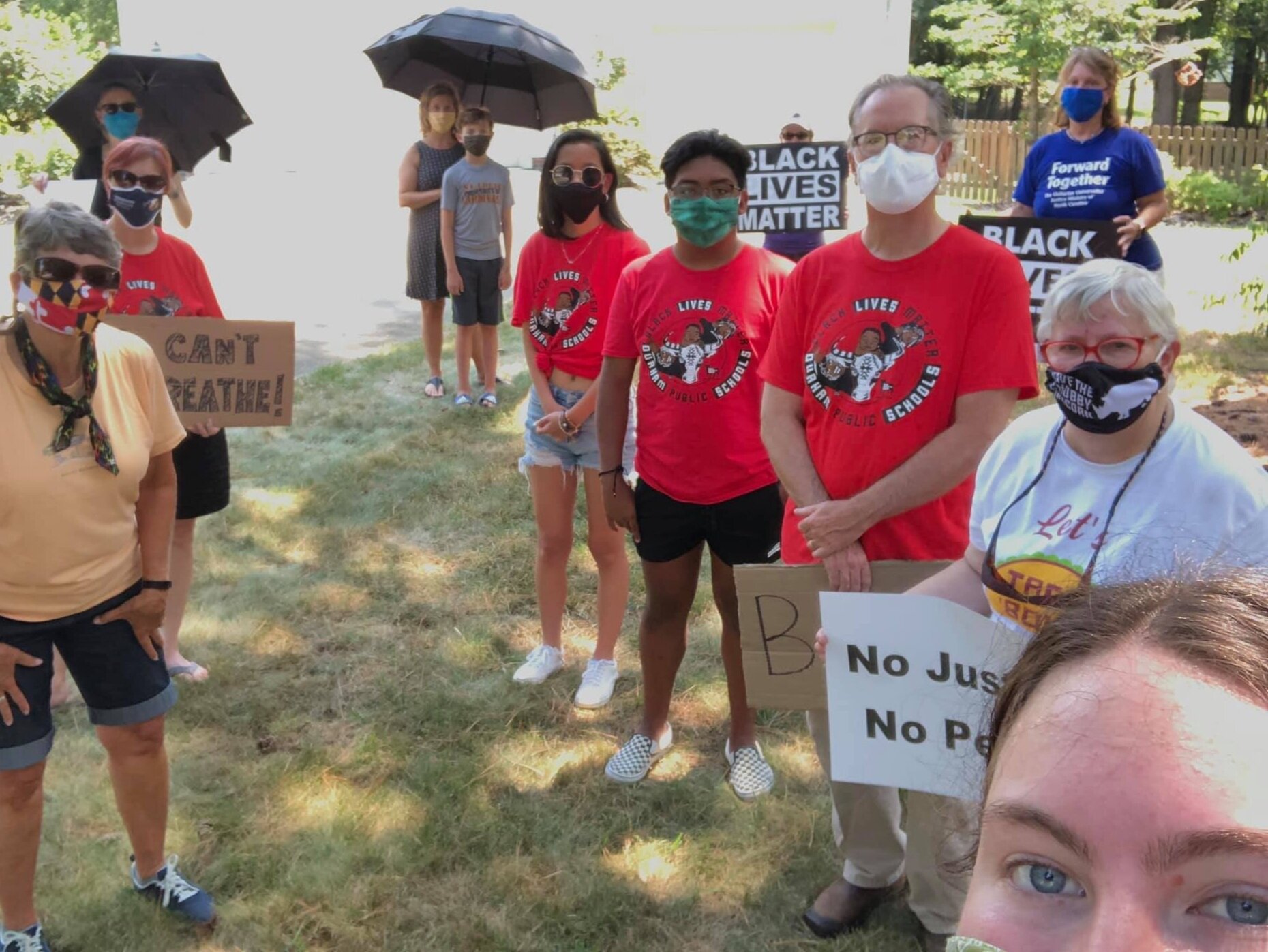Vandana Shah, Legal-Cultural Queen celebrates World Lemur Day in Madagascar! October 2024
Global work travel has given me the opportunity for so many adventures in the cultural and natural realm. This weekend I managed to visit the lemurs in Madagascar on the occasion of World Lemur Day. As a child, my daughter had “sponsored” a lemur through the Duke Lemur Center and we had visited various exhibits so I already knew how cute they were. But seeing them in their natural habitat and learning more about their social habits blew me away.
From an early age, we humans are fairly preoccupied with finding "the one" that could become our lifetime companion. My quick research showed me that 90% of birds stay with the same partner throughout their lifetime, but only about 3% to 5% of mammals do. That means 65,000 species of mammals engage in open relationships, having not just one partner but multiple.
Our closest cousin who aspire to be monogamous and may have higher rates of success are the lemurs. There are over 110 species of lemurs and many of these are monogamous and stay with the same partner for life. My guide shared that most of them will not even find a partner when their lifetime partner dies.
Lemurs, such as the red-bellied lemurs and mongoose lemurs are among the animals who stay with a single partner for all their lives to raise their young and defend their territory. One long term lemur couple I saw spent much of their day cuddling with their tails wrapped around each other on a higher branch while their 3 children played on a lower one.
Another interesting fact I learned was that unlike other monkeys, many lemur species are matriarchal with the female leading the herd. According to our guide, the matriarchal species are the ones that are primarily monogamous. Many of the patriarchal species are polyamorous. Clearly the patriarchal species tend to be more violent too as I saw a patriarchal troop engaged in battle as a young son was attacking the aging father to gain control over the troop.
Food for thought indeed as we engage in our half- hearted efforts towards the elusuve goal of a peaceful and loving planet !!

Widen your circle of trust with the SisterScene.
“If we merge mercy with might and might with right,
then LOVE BECOMES OUR LEGACY.”
#AmandaGorman #CreativeJusticeLeader
In SisterScene gatherings, we choose compassion and curiosity over making assumptions and judgments about others.
We keep it real in times of trouble. We share our hospitable spirits. We explore and celebrate our unique, bold, authentic voices.
Music inspiration shared by Lelaina in memory of the brutal murder of George Floyd.
Note that the song and video below commemorates Black people murdered by police. The images, though, are from while they still with us, still very much alive.
Sometimes I need to feel my heart broken wide open. A lot of times it's a song that does that for me. On the anniversary of the murder of George Floyd. Songs connect us to our deepest sense of being human. Together.
This week, it's this cover of Brown Baby by Oscar Brown Jr., sung by Jyvonne Haskin and Chloe Vaught, produced by Saunder Choi. This is deeply holy work. Thank you.

#SisterSceneInvitation #CreativeJusticeLeaders
#JoinBriannaAndMarie
You’re Invited to Join the SisterScene Creative Justice Community
Together we bring curiosity and compassion into relationships
for a powerful creative justice community.
Our collective power strengthens as we
deepen our personal, antiracist education and expression,
and expand our multiracial, LGBTQ+, multicultural connections,
while we work to dismantle white supremacy within OURSELVES
AND in OUR WORLD.
“Go forward with sanity and love,”Nikki Giovanni, PhD. #BlackWomenLead
Listen to Poet Nikki Giovanni, On Being radio
Nikki Giovanni is a University Distinguished Professor at Virginia Tech. Some of her best known collections from which the readings in this show were taken include Quilting the Black-Eyed Pea, Black Feeling, Black Talk/Black Judgement, and The Collected Poetry of Nikki Giovanni. Her latest work is Make Me Rain: Poems & Prose.

IDA B. WELLS.
Photo (time.com): Ida B. Wells in Chicago in 1909 with her children: Charles, Herman, Ida and Alfred.
Archivio GBB/Redux
Read about Well’s family keeping her creative justice message alive:
I'm Ida B. Wells's Great-Granddaughter, and I'm Still Fighting Her Fight for the Vote
BY MICHELLE DUSTER** AUGUST 17, 2020 9:24 AM EDT https://time.com/5879344/ida-b-wells-great-granddaughter-19th-amendment/
**Wells’ Great Grand-daughter, Michelle Duster, is the author of the forthcoming book Ida B. the Queen: The Extraordinary Life and Legacy of Ida B. Wells
#QuotableQueens #sisterscene
Audre Lorde wrote:
"There is no such thing as a single-issue struggle, because we do not lead single-issue lives. Our struggles are particular, but we are not alone. What we must do is commit ourselves to some future that can include each other and to work toward that future with the particular strengths of our individual identities.” - Audre Lorde


